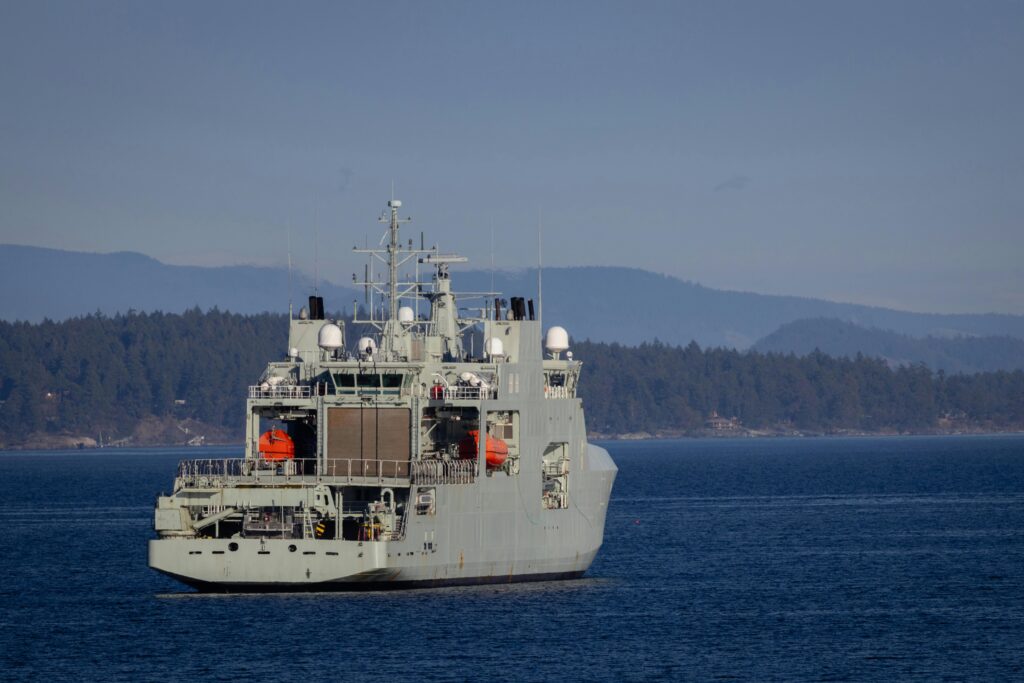Migrant transfers to Albania: Italy has restarted migrant transfers to Albania, sending 49 migrants deemed from “safe countries” like Egypt and Bangladesh despite legal challenges. The controversial policy defies European Court rulings and highlights Italy’s efforts to manage rising Mediterranean migration. Human rights groups have condemned the move.
Migrants Transferred to Albania
Italy has resumed its controversial policy of sending unwanted migrants to Albania after a two-month hiatus caused by legal challenges. On Saturday, the Italian Interior Ministry confirmed that 49 migrants, mostly from Egypt and Bangladesh, were aboard the navy ship Cassiopea, heading to the port of Shengjin in Albania. These migrants, all adult males deemed in good physical and mental health, come from countries Italy considers safe.
Meanwhile, 53 other migrants reportedly presented passports from nations Italy does not recognize as safe. By doing so, they aim to avoid being transferred to Albania. After processing at Shengjin port, the transferred migrants will be sent to a detention center in Gjader.
Italy Defies European Court Ruling
Italy’s policy contradicts a ruling from the European Court of Justice (ECJ), which states that a migrant’s asylum application cannot be fast-tracked if their home country is not considered “wholly safe.” According to the ECJ, neither Bangladesh nor Egypt qualifies as wholly safe. Despite this, the Italian government continues to list these nations, along with 17 others, as safe countries.
In December, Italy’s Supreme Court upheld the government’s right to determine its list of safe countries. Rome maintains that this policy is crucial for managing migration flows.
Migration to Italy on the Rise
The number of migrants arriving in Italy via the Mediterranean continues to increase. As of January 2025, 1,750 migrants have reached Italian shores, a notable rise compared to 1,300 in January 2024. The resumption of transfers to Albania reflects Italy’s efforts to manage the influx, though the policy remains contentious and faces criticism from human rights organizations.
